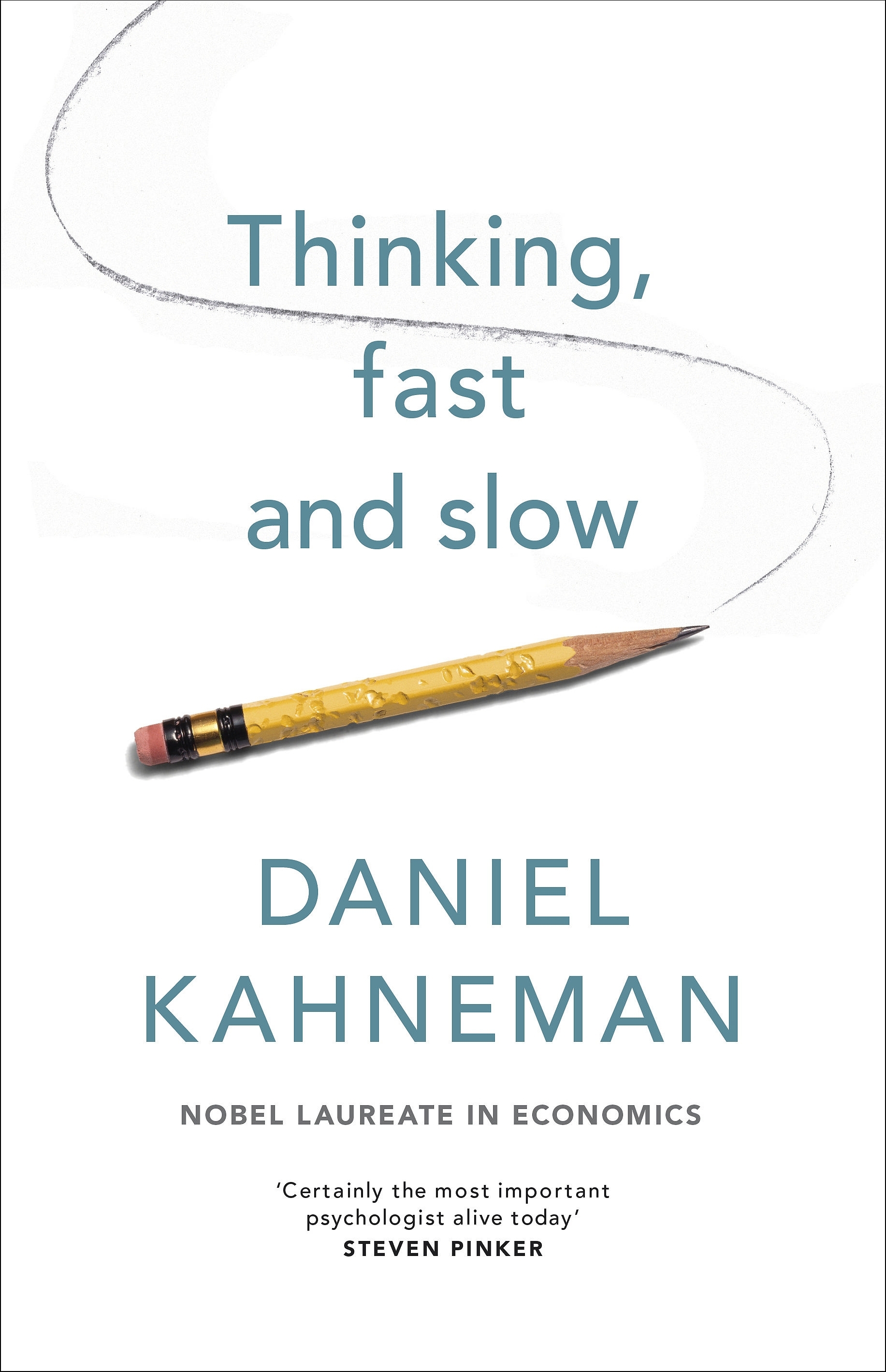This is a tricky question, for reasons that will become
apparent as you read on.
I have been thinking that one of the problems in using life
satisfaction as a measure of human flourishing is that satisfaction implies contentment,
and contentment may kill motivation to do things that are worthwhile. That has
made me wonder whether or not it is possible for people to become too satisfied
with their lives.
When I considered this issue in writing Free to Flourish, I concluded that despite such problems, life
satisfaction might still be an adequate measure of human flourishing. I reached
that conclusion on the basis of a comparison of different measures of
subjective well-being by the British Office of National Statistics (ONS). The
results showed a fairly high level of correlation (0.66) between responses when
people were asked ‘How satisfied are you with your life nowadays?’ and ‘Overall,
to what extent do you think the things you do in your life are worthwhile?’.
However, that doesn’t really answer the question of whether
it is better for people to seek contentment or accomplishment. It may be possible
that people obtain greater satisfaction from life when they seek worthwhile accomplishment
than when they seek contentment. It may also be possible that contentment helps
people to devote their lives to doing things that they consider to be
worthwhile. Such ideas are neither new, nor necessarily inconsistent.
People may not actually need to choose between contentment
and accomplishment. Perhaps we only think a choice has to be made because we
tend to equate contentment with sloth and accomplishment with frenzied effort. It
is not obvious that a choice has to be made if contentment means equanimity and
accomplishment means achievement of a worthwhile goal.
My intuitions suggest to me that the important requirement
for both contentment and accomplishment is for people to make conscious choices
about their goals in life, rather than just drifting without purpose. As children,
we are strongly influenced by parents, peers teachers etc. but as we grow to
adulthood, we cannot fully flourish unless we make good use of our emotional
and intellectual resources to manage our own lives.
So, where is the evidence that goal setting works? When I went looking for such evidence, the
first thing I found was a post by Ray Williams entitled ‘Why goal setting doesn’t work’ on the ‘Psychology Today’ blog. Williams presents several different
arguments to cast doubt on goal-setting, but his most powerful point seems to
be the following:
‘The inherent problem with goal setting is related to how
the brain works. Recent neuroscience research shows the brain works
in a protective way, resistant to change. Therefore, any goals that require
substantial behavioral change or thinking-pattern change will
automatically be resisted. The brain is wired to seek rewards and avoid pain or
discomfort, including fear. When fear of failure creeps into the mind of
the goal setter it commences a de-motivator with a desire to return to known,
comfortable behavior and thought patterns’.
That left me somewhat confused, so I took advantage of the
fact that Jim Belshaw was conducting a discussion about goal setting on his blog, to ask participants what they thought about Ray Williams’ contribution. One
of the participants, Evan Hadkins, who has a particular interest in personal
development issues, made the following comments (slightly edited):
‘The goal setting literature does emphasise being realistic
(the usual acronym being SMART). This of course is a bit of a cop out - if the
goal isn't achieved then it wasn't realistic for one reason or another.
His reductionist pleasure-pain/fear psychology is wrong. (He
is not alone in this error.)
I think he is a bit unfair to the goal setters. Lots of them talk about goals
serving your wider values and choosing carefully what goals you aim for.
As to being in the now: Our longings, regrets, memories,
fantasies, visions, plans and everything else all occur now. He doesn't
understand this. He is not alone in this misunderstanding.
Overall I think it is pretty sloppy and confused. Lots of
the goal setting literature emphasises worthwhile aims and being careful what
you wish for. And his advice about intentions has all the problems of change
that he levelled against goal setting. But I do agree with what I think is his
basic point: goals should be realistic and serve worthwhile ends’.
I agree with Evan’s comments. Evan’s point about
reductionist pleasure-pain/fear psychology brought to mind the ‘no failure just feedback’ idea that I picked up from NLP practitioners a few decades ago. The
point is that our responses to evidence of failure to attain goals depend on
our attitudes. We are unlikely to be devastated if we value the feedback we
obtain as providing opportunities to consider how we can improve our future
performance.
Evan’s point about choosing carefully what goals you aim for
brought to mind the NLP concept of a ‘well-formed outcome’, with its emphasis
on specifying the goal in a way you find compelling and running quality control
checks to make sure that the desired goal is right for you in all circumstances
of your life.
My answer to the question I raised initially is that people
should be seeking contentment and
accomplishment, making conscious choices about the kind of life they want to
lead, by pursuing goals they consider worthwhile and feel passionate about. In
my view it is not possible for individuals to be fully flourishing if they just
drift aimlessly – unless, of course, drifting aimlessly is a goal they choose
to pursue with a great deal of passion.

